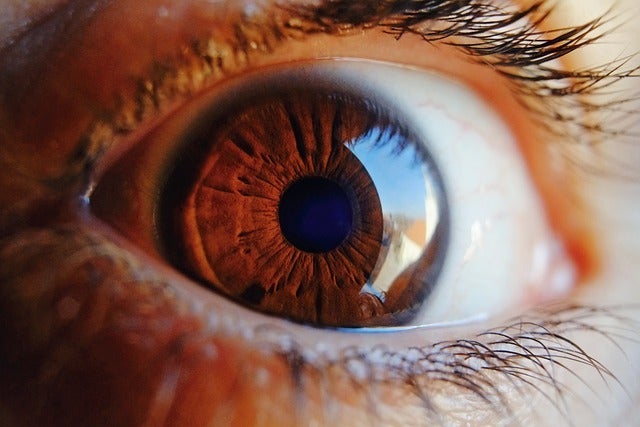
Science, a developer brain-computer interface (BCI) technology, has snapped up the IP and associated assets for the PRIMA retinal implant, developed by Pixium Vision, a French bioelectronics BCI technology company.
The financial terms of the deal were not disclosed.
The acquisition was authorised through a proceeding in the Paris Commercial Court following the liquidation of Pixium Vision.
Pixium Vision outgoing CEO Lloyd Diamond said: “I am thrilled to see our projects at Pixium going to Science, and in the hands of the outstanding scientists and engineers who are part of their team.
“I believe deeply in our past achievements and am grateful the PRIMA retinal implant will now have a home with people equally skilled and dedicated to helping patients. I know they are committed to seeing this work through and am especially thankful for the people who are part of the clinical trials.”
The PRIMA system comes with a miniaturised, wireless subretinal implant, which was developed originally at Stanford University. The implant is paired with a pocket computer and glasses.
Pixium Vision is currently conducting three ongoing clinical studies, which include two feasibility trials in France and the US, along with the PRIMAvera pivotal study in Europe.
The three studies target patients experiencing severe vision loss due to retinal degeneration caused by the dry atrophic form of age-related macular degeneration, a condition for which no treatment has been available until now.
Science, which is based in the US, has created a combination device named Science Eye. The device employs an optogenetic gene therapy aimed at the optic nerve cells, alongside an implanted flexible thin-film, ultra-dense micro-LED display panel positioned directly over the retina.
The Science Eye is undergoing development for patients suffering from severe blindness caused by retinitis pigmentosa (RP) and dry age-related macular degeneration, which are two types of serious blindness with limited treatment options.
Science CEO Max Hodak continued: “The PRIMA retinal implant, developed by Pixium and based on research done at Stanford University, shows great promise. The early clinical trial results we’ve seen are impressive.
“Together with the work being done at Science on the Science Eye, we now have two great opportunities to develop BCI technology for the potential restoration of vision in certain patients with severe vision loss. We are committed to bringing meaningful restoration of vision to patients as quickly as possible.”






